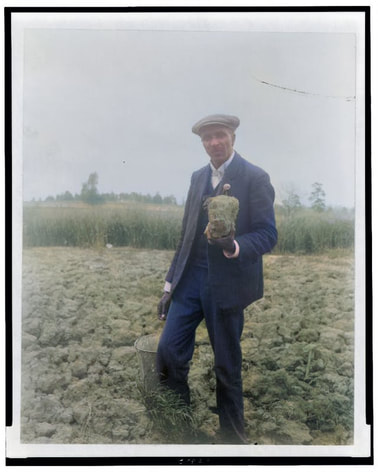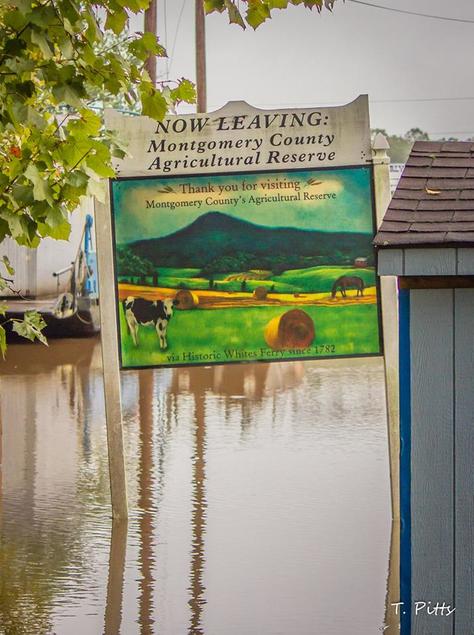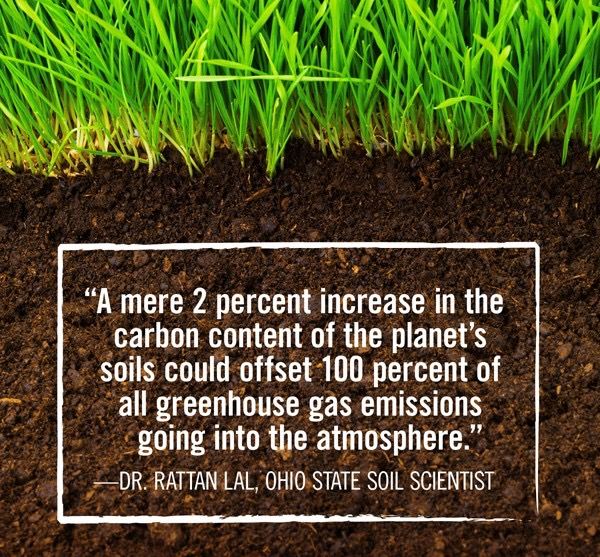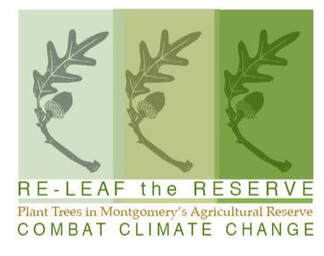CSAs (Community Supported Agriculture), another modern pillar of the local food movement was popularized in America by another Tuskegee University Alum, Dr. Booker T Whatley. During his stint in the Korean War he operated a 55 acre hydroponic farm to feed the troops. Once back home, he set up “clientele membership clubs” akin to the modern subscription style CSA. He saw these clubs not as just ways to feed people but also let them see farms up close - the beginnings of the Agrotourism movement. He said, "We're bringing up whole generations in this country today that don't even know how collards or chickens are raised. So some parents see a farm visit as a wholesome and pleasant educational experience for their youngsters . . . one that the entire family can share. The average middle-class city person likes a chance to get out on a farm. It's a form of entertainment, and those folks can save money while they're having a good time.”
Dr. Whatley suggested that these farms offering clubs should be no more than 40 miles away from population centers to keep connections with club members. This of course reminds us of the Ag Reserve where residents can really know their farmer and participate in modern CSA programs (find your farmer here).
Read more on Dr. Whatley in this great article here.
Modern farming owes a lot to BIPOC. We will continue to share what we are learning in hopes we can move toward a more equitable food system. Thanks for reading along.












